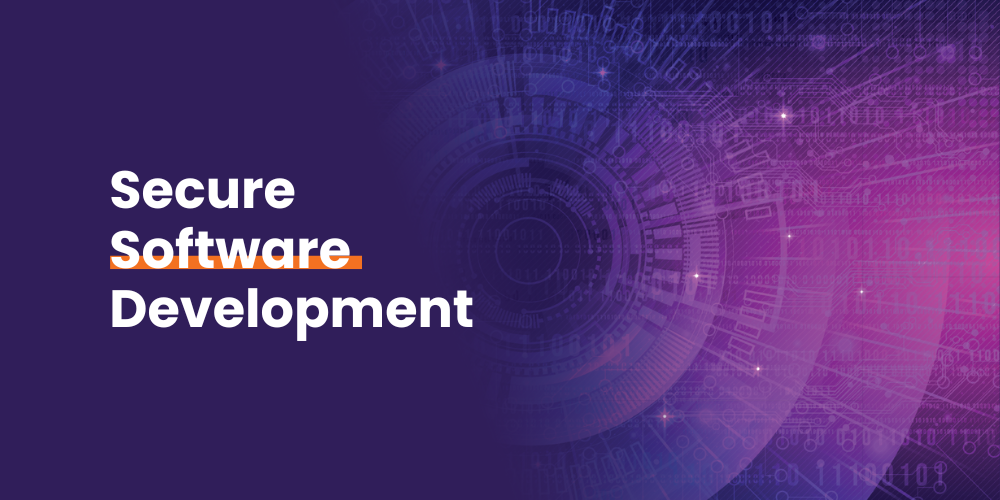
Introduction: Why Shift Security Left?
In today’s fast-paced digital landscape, application security can no longer be an afterthought. At Adree, we specialize in DevSecOps and secure SDLC implementation, helping organizations integrate security early in the development process. This shift left security approach reduces vulnerabilities, lowers remediation costs, and ensures compliance from day one.
Key Benefits of Shifting Security Left
Early vulnerability detection (reducing costs by up to 80%)
Proactive risk management (preventing breaches before deployment)
Faster compliance (meeting OWASP, NIST, and ISO 27001 standards efficiently)
Improved software quality (secure-by-design applications)
Security Integration Across the SDLC
Phase 1: Requirements Analysis
Secure development begins with planning.
✔ Security requirements gathering – Identifying encryption, authentication, and data protection needs
✔ Compliance mapping – Aligning with GDPR, PCI-DSS, and industry regulations
✔ Risk assessment – Documenting potential threats and mitigation strategies
Phase 2: Secure Design & Threat Modeling
Build security into architecture before coding starts.
✔ Threat modeling – Identifying attack vectors using STRIDE methodology
✔ Secure design patterns – Implementing zero-trust architecture and least privilege access
✔ Security review checkpoints – Formal sign-offs before development
Phase 3: Development – Secure Coding & Automation
Shift left security tools for real-time protection:
✔ Static Application Security Testing (SAST) – Scanning code for vulnerabilities (e.g., SonarQube, Checkmarx)
✔ Software Composition Analysis (SCA) – Detecting risks in open-source libraries (e.g., Snyk, Black Duck)
✔ Infrastructure-as-Code (IaC) Security – Securing cloud deployments (e.g., Terraform, AWS Security Hub)
✔ Secret detection – Preventing accidental exposure of API keys & credentials
Phase 4: Verification – Dynamic Testing & Validation
Rigorous security testing before release:
✔ Dynamic Application Security Testing (DAST) – Simulating attacks on running apps (e.g., Burp Suite, OWASP ZAP)
✔ Penetration testing – Ethical hacking to uncover weaknesses
✔ Bug bounty programs – Crowdsourced security testing
Phase 5: Maintenance & Continuous Protection
Security evolves with your software:
✔ Attack surface monitoring – Detecting new risks post-deployment
✔ Automated patch management – Keeping dependencies secure
✔ Security Champions Program – Training developers in secure coding best practices
FAQs on Shift Left Security
Q: What’s the difference between Penetration Testing and Application Security?
Penetration Testing is a point-in-time security assessment.
Application Security is a continuous process integrating security throughout the SDLC.
Q: Why is security needed at every phase?
A defense-in-depth strategy ensures vulnerabilities are caught early, reducing breach risks.
Q: How does Adree help implement shift left security?
We provide end-to-end DevSecOps solutions, including:
✔ SAST/DAST integration
✔ Threat modeling workshops
✔ Security automation pipelines
Conclusion: Secure Software Starts Early
Shifting security left is no longer optional—it’s a competitive advantage. By embedding security into every SDLC phase, organizations can:
✔ Reduce breach risks
✔ Cut costs (fixing bugs early is 100x cheaper)
✔ Speed up compliance